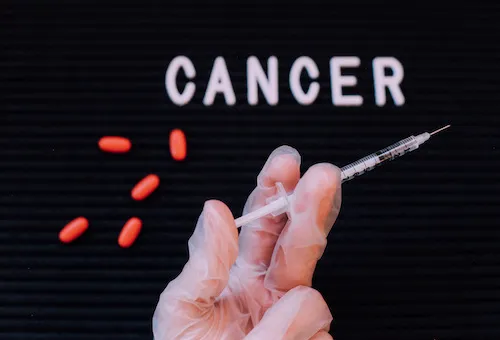Recognizing early signs of cancer can lead to timely diagnosis and more effective treatments. Here are ten early cancer warning signs that you shouldn't overlook:
1. Lumps or Thickening: A new lump or a growing lump in areas like the breast, testicle, or elsewhere should be examined, as it might indicate tumors.
2. Unexplained Bleeding: Unexpected bleeding, such as blood in the urine or stool, coughing up blood, bloody discharge from the nipple, or unusual vaginal bleeding, can suggest various cancers.

3. Persistent Change in Bowel or Bladder Habits: Ongoing diarrhea, constipation, or changes in stool size could indicate colorectal cancer. Pain during urination or blood in the urine might suggest bladder or prostate cancer.
4. Difficulty in Swallowing or Persistent Indigestion: These could be associated with cancers of the throat, esophagus, or stomach.
5. Changes in Skin Moles or Warts: Moles that change in size, color, or shape or that begin to bleed should be examined, as they might signal melanoma or other skin cancers.
6. Persistent Cough, Hoarseness, or Sore Throat: A cough or hoarseness lasting several weeks might indicate lung cancer, laryngeal cancer, or other related cancers.
7. Unexplained Weight Loss: Losing a significant amount of weight without trying might be a sign of several types of cancer, including pancreatic, stomach, esophageal, or lung cancer.
8. Chronic Fatigue: Prolonged, unexplained fatigue can be a symptom of various cancers, including leukemia or colon cancer.
9. Persistent Pain: Ongoing pain, such as a constant headache, pain in the pelvis, or constant abdominal pain, can sometimes be a sign of certain cancers.
10. Changes in Oral Health: White or bright red patches inside the mouth or on the lips, persistent sores, or other changes can be early signs of oral cancer.
While these symptoms can be linked to many conditions other than cancer, it's vital not to ignore them. If any of these symptoms persist or seem unusual for you, consult with a healthcare professional for an accurate diagnosis. Early detection can make a significant difference in treatment outcomes and prognosis.


